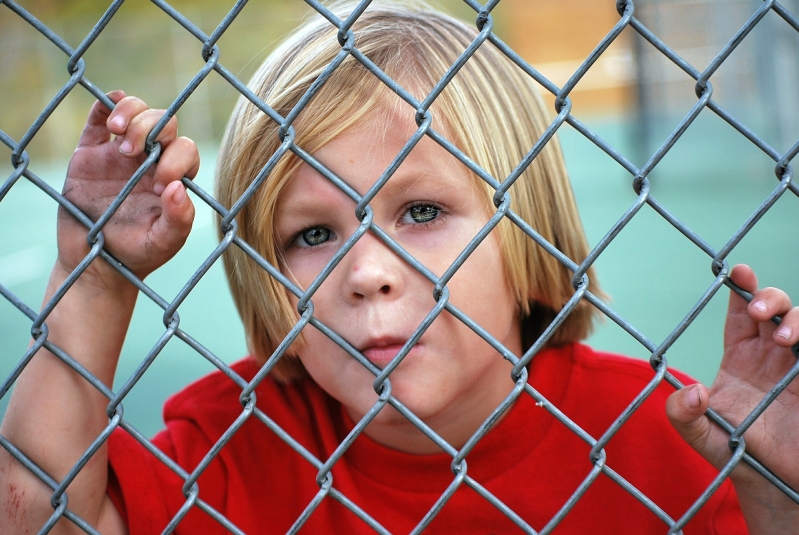
Children are the hope of the next generation, and the future depends on how today's children are raised up and treated in their homes.
As a full-time church worker and a Sunday school teacher, I have learned a lot from the kids I have handled who are 3 to 12 years old.
Every single day for the past two to three years, these children would come to church to pray with me, spend their time playing (sometimes fighting) before my presence, and spend moments to have fun and watch movies with me. Though I have no children yet of my own, I felt that God has already given me a lot of preparation.
And the best part of it all is when a child would come to entrust to me the seemingly insignificant things that most adults would consider, but to them is precious and meaningful.
Here's what I have learned and experienced from children which may gain you some parenting tips and insights:
1. Children need your attention as you would give to an adult, no matter how little the thing they tell you.
Children are very intelligent, sensitive and surprisingly matured when you talk to them in a manner that age is not a barrier. They know if you are giving them 100% attention or half attention to what they are saying.
I've become an effective counselor to the children in our place because they know I give them my full attention when they speak.
So when I also speak, they also listen.
So if you want your children to share their thoughts and secrets with you, give them your 100% attention no matter what they are telling you.
Linda Adam shared that "children who aren't listened to grow up feeling that their parents and teachers aren't truly interested in them; what they feel isn't very important; their opinions don't really count. This is no minor matter; it is hugely significant because the way we are treated as children affects us the rest of our lives."
2. As young as 3 years old, children can already perceive and understand family matters.
I have discovered this when I was spending time with a three-year-old boy whose parents are separated. One of the children asked him about his mother and father, and I saw in his eyes that he was uncomfortable to talk about it (as an adult would react too). I was honestly surprised so I diverted the topic.
If you have a three-year-old kid, don't think that he wouldn't understand seemingly matured issues. It is best that you explain any family matters (if you have) to him in simple manners.
Children would understand.
3. The words of the parents matter a lot to a child even if it is a simple joke or side comment.
My husband and I refer to all the kids in our church as "prayer warriors" because as prayer warriors, we train them to intercede for people and nations.
One time, a little girl aged 6 or 7 came to tell me that she is no longer a prayer warrior. And when I asked her why, she told me that her mother told her so because she was naughty and disobedient.
I'm sure that the mother didn't mean that. It was probably just to discipline the child. However, to the little girl, she took it seriously.
Also, another recent one was a 7-year-old girl who came to me with a prayer request. She was crying while telling me to pray for her mom. She confessed that she was hurt by what her mother said when they were buying a gift for a birthday party (which was simply a side comment).
The mother told her why do they have to buy toys for her too every time someone is having a birthday party. The little girl wasn't affected by the toy but the whole side comment.
As young as 7 years old, children can already be very sensitive to the words that are coming out of their parent's mouth.
Thus, be careful with what you are speaking in front of your child.
4. Children who are 10 to 12 years old need a lot of words that build them up and not tearing them down.
The most responsible and reliable kids in our church are aged 10 to 12.
My husband and I usually praise them when necessary and show appreciation when they offer help around.
Sometimes, they would even wash the dishes or clean the church's vicinity without being told to do so.
And when we visited the house of this 12-year-old boy, his mother teasingly told me that her boy is lazy and does not listen to her. I saw in the boy's eyes that he was embarrassed before me and my husband. The mother was unaware though.
If you have children in this age bracket, make sure that you choose your words rightly and build them up in a way they would also be inspired to listen and to obey your tasks.
Most importantly, children need to be appreciated and they need to hear it.
It is stated in the Encyclopedia on Early Childhood Development that "Children's early experiences - the bonds they form with their parents and their first learning experiences - deeply affect their future physical, cognitive, emotional and social development."






